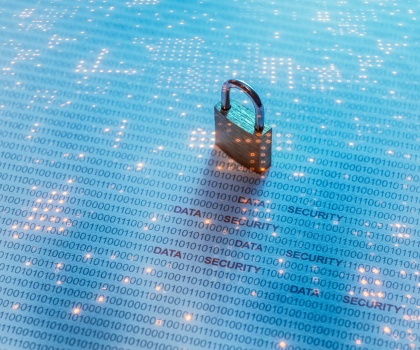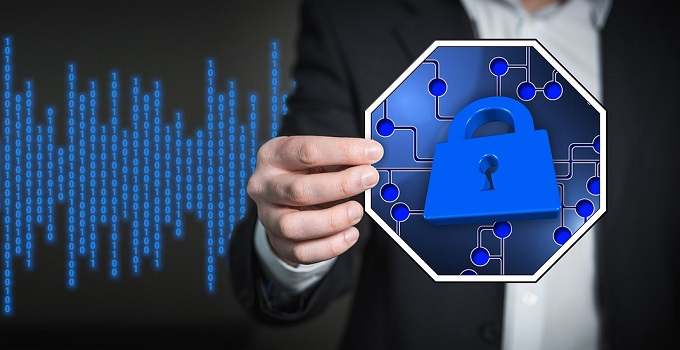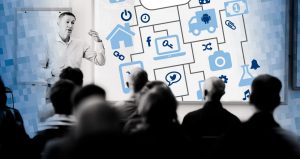
photo courtesy of Unsplash
By Jasmine Dyoco
Another day, another data breach. Lately, it seems like we can’t go more than a few days without hearing about another cyber attack. Data breaches have recently occurred at health insurance providers like Anthem, banks like Capital One, and even the Equifax credit bureau. If there’s anything these recent hacks have shown us, it’s that no industry is safe.
Social Security numbers, credit cards, and passwords are just some of the types of compromised data. Given the number of recent attacks, Bloomberg reports that some cybersecurity professionals now make millions of dollars per year.
Massive amounts of information have been stolen. According to The Week, “virtually everyone in the U.S. has been affected by a data breach in some way — even those who never go online.” If you’re worried a hacker might have your data, here’s how you can protect yourself and your family:
Malware and Viruses
Malware and computer viruses are common ways that scammers get sensitive information. Contrary to popular belief, Macs (and smartphones and tablets) can get viruses. Whether you use Mac, Windows, Linux, or an iPad, protecting your computer against viruses also protects your information.
According to Secure Data Recovery, proactive actions can help keep hackers and viruses from accessing your data. Use strong passwords that are hard to guess. A sentence or phrase is stronger than a single word, for example. You should also install a firewall and antivirus software. Save backups of your files to a device like an external hard drive. Alternatively, you could also save data to the cloud using Google Drive or similar.
Security and Compliance
Cyber threats are continually evolving. By having an information security (InfoSec) plan in place, you can protect data from falling into the wrong hands. InfoSec helps organizations maintain confidentiality while complying with industry regulations. DISC help the organization to succeed in infosec and Privacy program by building and assessing Information Security Management System (ISMS) and Privacy Information Management System (PIMS) based on various standards and regulations.
For instance, Deura Information Security Consulting (DISC) can perform a risk assessment to identify the security risks. Based on those gaps, they’ll help you create a “safe, secure, and resilient cyber environment.” Additionally, they’ll help your organization comply with regional cyber laws. Those laws include Europe’s General Data Protection Regulation (GDPR) or the California Consumer Privacy Act (CCPA).
Protect Your Teens
Nobody is safe from online attacks. Unfortunately, that includes children and teenagers. Some scams specifically target teens and young adults. One example is phishing, which tricks teens into revealing their social media passwords. Teens are also susceptible to phishing scams that include “urgent” subject lines. These scams often trick people into clicking a link to avoid missing a once-in-a-lifetime opportunity.
To protect your children, the InfoSec Institute advises telling them to keep their login information private and to never click on social media links via email. Teach them red flags, like email scams claiming they’ve won money or website URLs that have misspellings or extra letters. Your whole family can learn what to look for by practicing with a phishing simulator.
Credit Freezes and Monitoring
Many people believe cybercriminals only steal money. The reality is that many of them are interested in stealing data, identities, or intellectual property. In the event that you do experience data loss, whether due to a virus, malware, or online scam, it’s essential to take action.
According to the IRS, you should report identity theft to the FTC, your bank, and each of the credit bureaus. You might want to freeze your credit and place a one-year alert on your credit report. Credit monitoring companies can help you protect your credit score by alerting you of any fraudulent activity. If you follow the tips listed above, you can recover your data and protect yourself from future attacks.
How to report and protect yourself from credit card fraud
How to prevent credit card fraud amid coronavirus pandemic


































